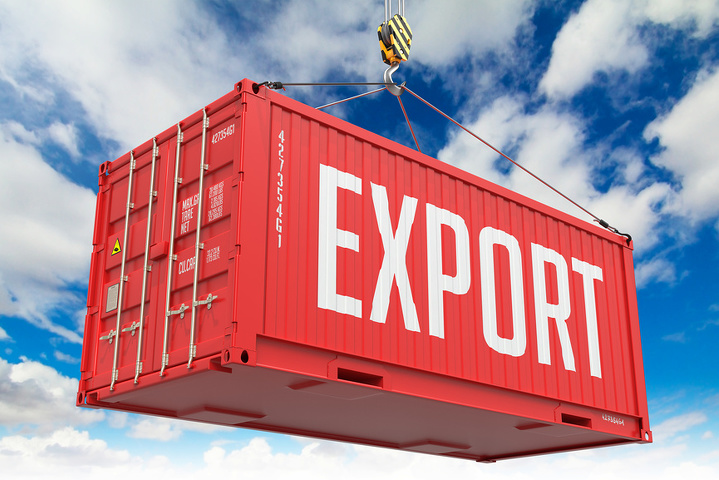KATHMANDU: The government has revised the working procedure for giving cash subsidy to exports.
The meeting of the Council of Ministers held on September 23 has amended the said procedure. Now, the government will give cash subsidy for 36 types of goods exported from Nepal.
The procedure passed by the Council of Ministers will be implemented after the Ministry of Industry, Commerce and Supply publishes it in the gazette. In the budget of the current fiscal year, the government had announced that it would give a cash subsidy of up to 8 percent on the export of cement, clinker, footwear and treated water.
The procedure for giving cash subsidy to exports has been amended to implement the said arrangement.
According to the ‘revised procedure for providing subsidies on exports’, the government is going to give cash subsidies of 4 percent to 8 percent on exports. In the past, the government used to give cash subsidy of up to 5 percent when exporting 27 types of goods.
Previously, processed tea, coffee, handicrafts and wooden products produced using indigenous raw materials, processed leather and leather products, hand-made paper and products made from it, processed herbs, products produced from aloe, processed drinking water, processed turmeric, vegetables, flowers, processed Cash subsidy was given for 15 types of agricultural products including honey, processed cardamom and processed ginger (sweet, oil and powder).
Similarly, indigenous textiles manufactured using imported and indigenous raw materials, ready-made garments, medicines, carpets and woolen goods, goods made from Changra pashmina, jute and jute goods, gold and silver jewellery, indigenous semi-processed leather, silk goods, yarn , copper goods and 12 items worth of footwear were given subsidy.
In the amended procedure, provision has been made to give cash subsidy to 9 more items, 3 agricultural items and 6 industrial items.
In the year 2018, the then Minister of Industry, Commerce and Supply, Lekhraj Bhatt, proposed to give cash subsidy, ambrosia, fruits and dairy products are also included in the list of cash subsidy this time.
Similarly, the government has arranged to give cash subsidy for the export of cement, steel, plywood, clinker, kattha, rosin and turpentine for industrial production. According to the revised procedure, cash subsidy will not be given when exporting goods with a price increase of less than 30 percent.
The price increase rate of the product is calculated by subtracting the production cost from the export price of the product. If an organization exports more than 50 million rupees annually, a cash subsidy of up to 8 percent will be given. 8% cash subsidy will not be given for exports of less than 50 crore rupees.
Out of the 36 items included in schedule 1 and 2 of the procedure, any item exported over 500 million rupees will get 8 percent cash subsidy.
Procedures related to providing subsidies for exports – In 2075, 5 percent cash subsidy of the export value was arranged for 15 items that use indigenous raw materials. However, in order to receive such subsidy, the price increase of the final product had to be 50 percent.
Earlier, the procedure provided for 3 percent cash subsidy when exporting 12 items produced from indigenous and imported raw materials. However, in order to receive the cash subsidy, the price of the final product had to increase by 30 percent over the price of the raw material.
In the revised procedure, provision has been made to give 4% cash subsidy for goods with a price increase of up to 30%. Items with a price increase of 50 percent will get 5 percent cash subsidy. In the procedure, it has been arranged to give 6% cash subsidy for items with 70% price increase.
Provisions have been made in the procedure to give 1 percent additional cash subsidy when various organizations make national trademarks and export industrial products.
Similarly, one percent additional subsidy has been provided to organizations that increase their exports by 20 percent over the previous year.
Industrialists can apply online or in physical presence at the Department of Industry to receive cash subsidy within three months of the end of the fiscal year.
In the procedure, the department has to recommend the banks chosen by industrialists and businessmen to provide cash subsidy within 15 days after increasing the price of the industry’s products.
Banks and financial institutions have to deposit the amount in the cash grant account within 7 days of receiving the letter from the Department of Industry to collect the amount from Nepal Rastra Bank.
For the purpose of giving cash subsidy by the Ministry of Finance, provision has been made in the procedure that funds should be kept in a separate account in the National Bank.

